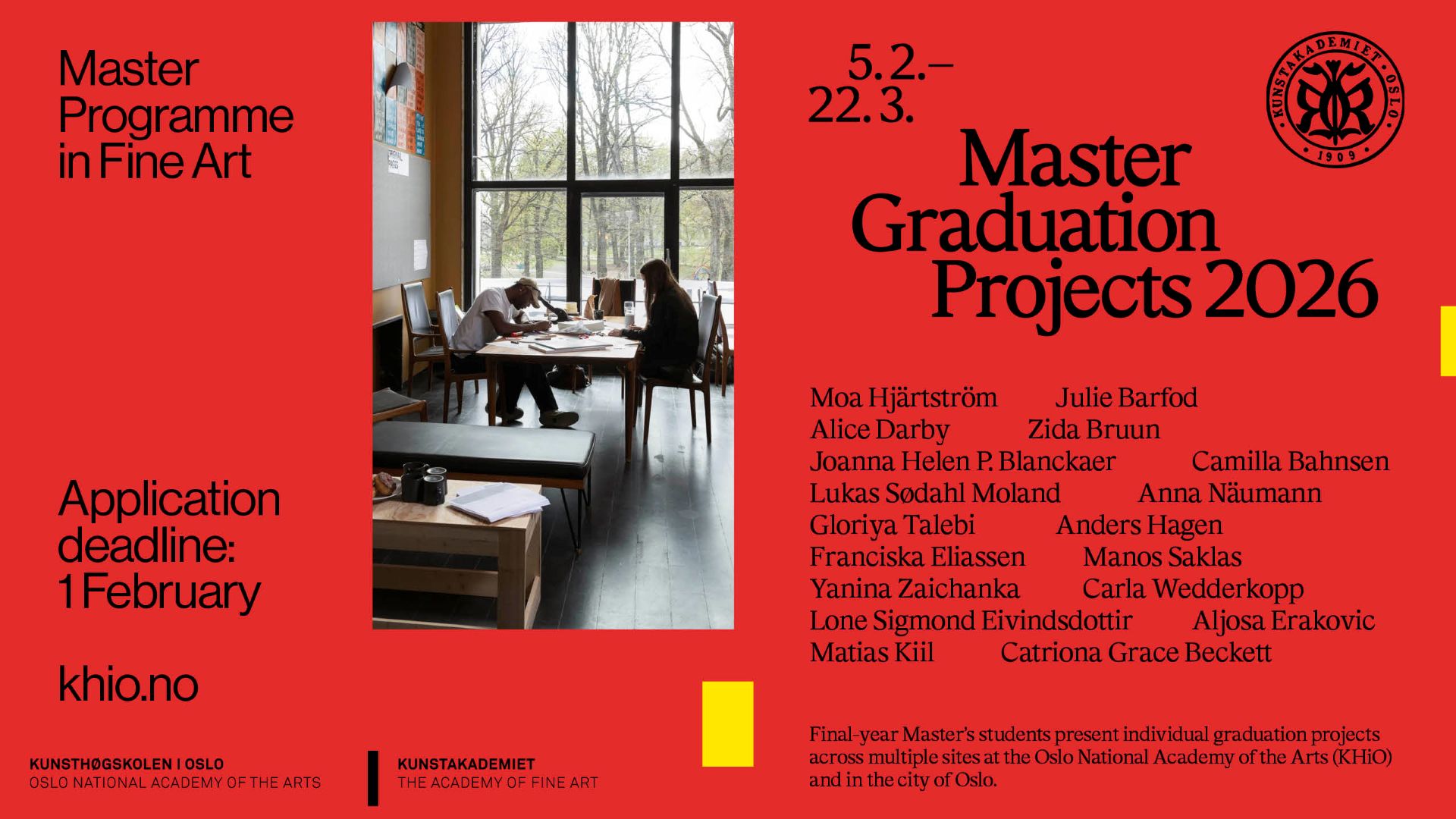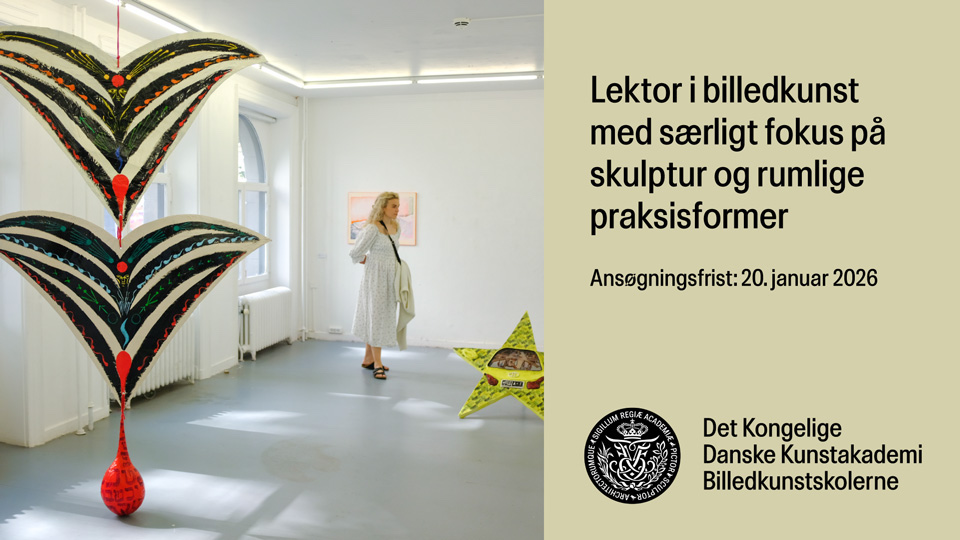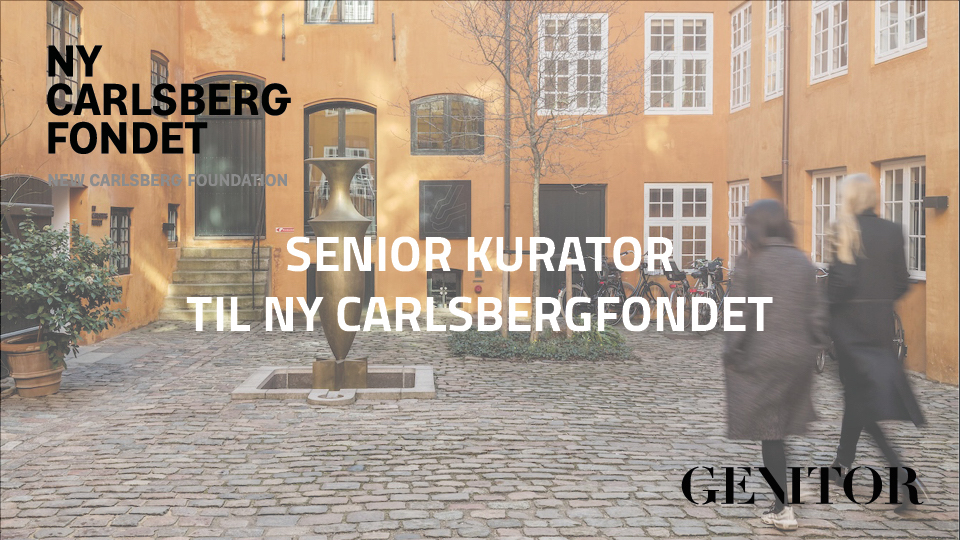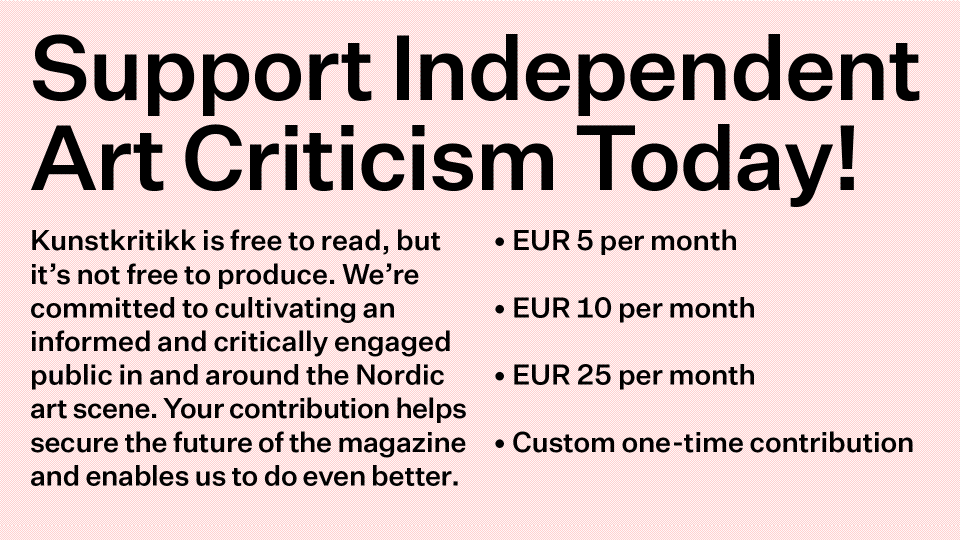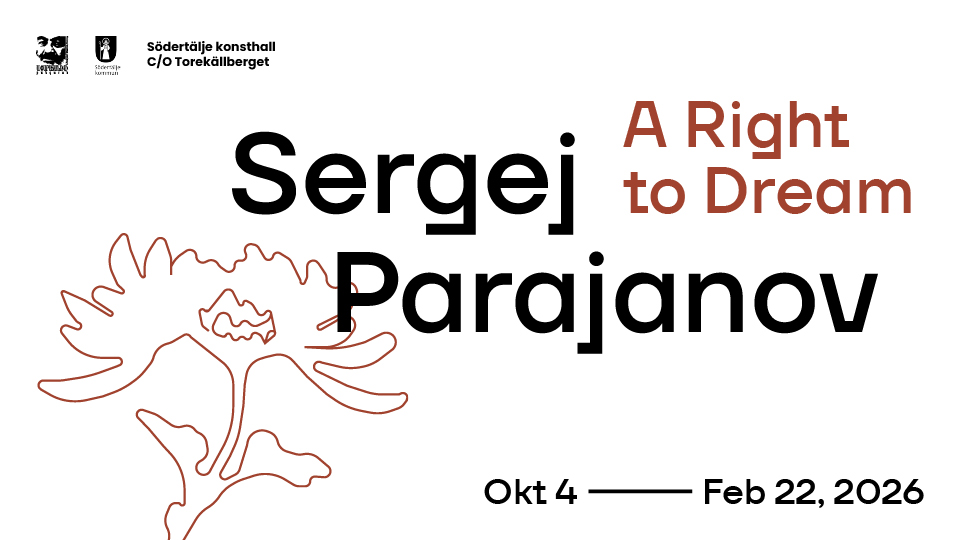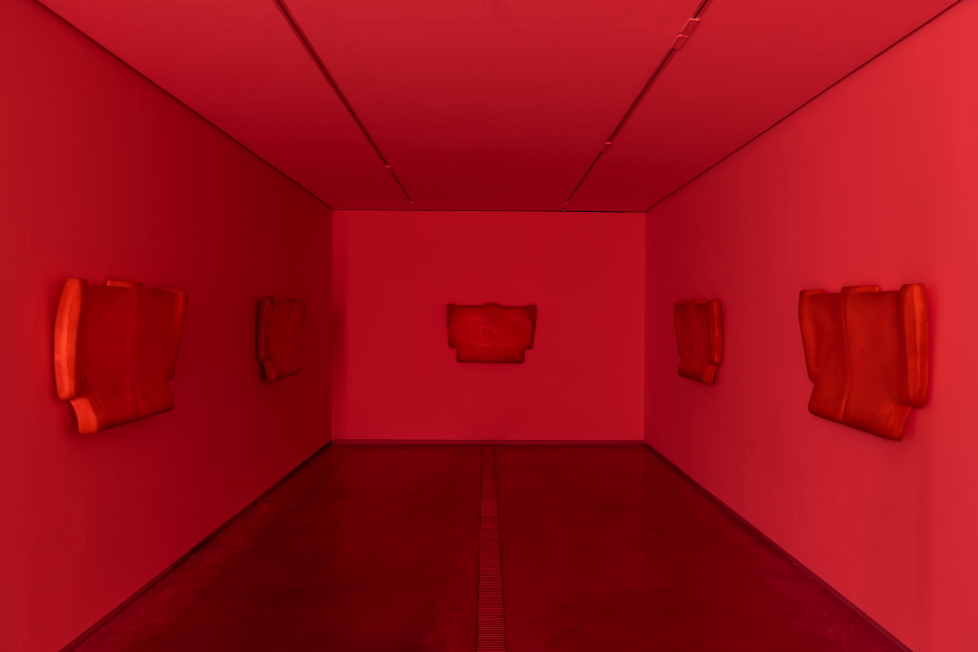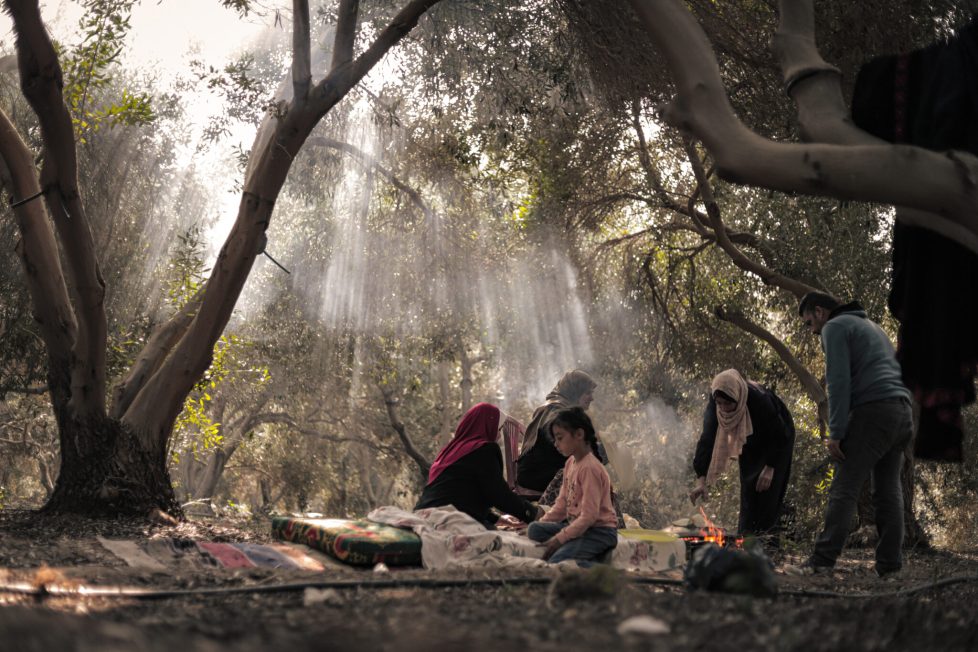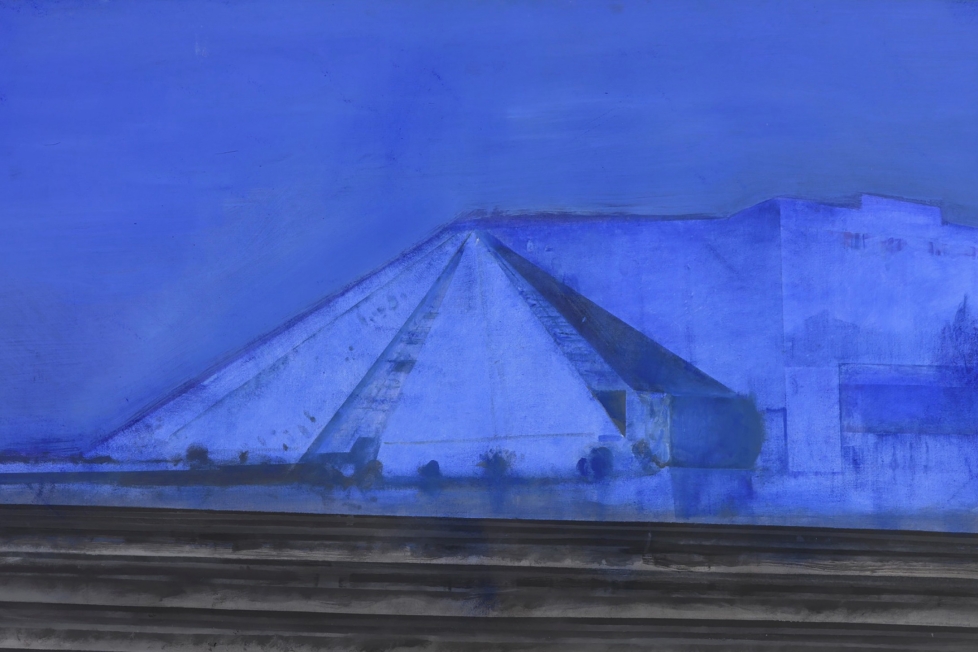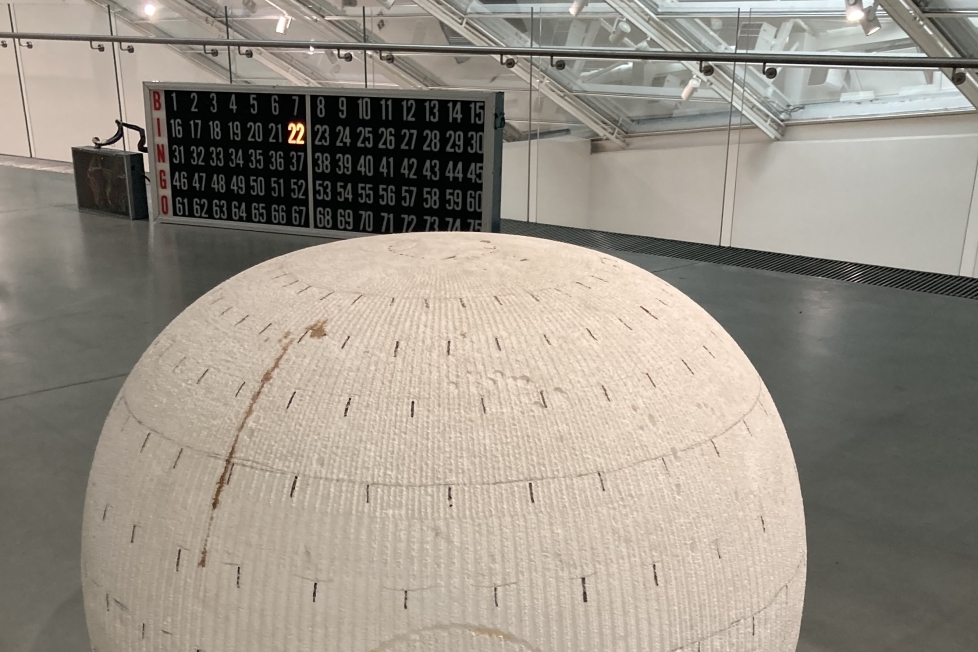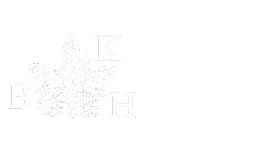
The stage is set for a quite overwhelming beginning to the autumn season of the Copenhagen art scene in the weeks to come. Particularly notable events include the art fair Chart and the opening of the curated exhibition Trust, which takes place simultaneously at the city’s five art centres– meaning that it will dominate the art institution scene of Copenhagen far into the month of October.
Like the Copenhagen Art Festival of 2012, Trust takes place at the five “Kunsthalle” settings of Copenhagen: Overgaden, Kunsthal Charlottenborg, Kunstforeningen Gl. Strand, Nikolaj Kunsthal and Den Frie. Apparently the exhibition should not be regarded as a continuation of the 2012 festival, nor of earlier dreams about a mega-exhibition set in Copenhagen. So now, in the wake of the quadrennial U-turn back in 2009 and the non-curated Copenhagen Art Festival in 2012, the year 2015 sees the launch of yet another new format: the curated “joint exhibition” Trust. Whether this should be taken as a sign that the dream of a Copenhagen biennial has been abandoned is not readily apparent. But, as the exhibition curator Sonia Derminence recently said to Kunstkritikk, the concept of “trust” also encompasses an element of institutional critique: “don’t trust the state institutions and don’t trust the market. A trust can also mean an association of companies seeking to establish a monopoly on a given market, and you could say that these five art venues in Copenhagen do exactly that with this festival.”
Whatever motivations might lie beneath, the term “curated exhibition” has a more appealing ring to it than “festival”, a fact that is also reflected by the forty-one names featured on the promising list of contributing artists, mainly of the mid-career variety; most of them are Danes, offset by a handful of Belgians – a natural result of having a curator based in Brussels.

The season got something of a head start last week when the gallery owners David Risley and Christian Andersen celebrated the relocation of their galleries to a shared address in the Nordvest area of Copenhagen – a neighbourhood that has certainly not been famed for a dazzling array of contemporary art offerings in the past. However, the opening of huge gallery spaces featuring large-scale presentations – Risley presents Ryan Gander, while Andersen shows the group Allan Nicolaisen, Steffen Jørgensen and Robert Kjær Clausen (showing a film featuring a whole new level of production value for this group) – clearly demonstrated that Bispevej 29 is as close as Copenhagen has ever come to having its own local version of New York’s Chelsea galleries.
The two galleries also take part in the third instalment of the Nordic art fair Chart, which yet again takes place in the inviting premises offered by the Charlottenborg exhibition venue. This year the event has grown in scope to include twenty-eight galleries, approximately half of them Danish. Some of the most interesting galleries from the other Nordic countries – such as VI VII’s from Oslo – have found their way to Copenhagen, where the opening night will, according to the press release, include “a vision for the future” performed by the Norwegian performance artist Tori Wrånes. Such a statement invites a reply along the lines of “Myth is a state of affairs” – the approximate translation of the delightfully whimsical title (“Myten er en tilstand”) used for Alexander Tovborg’s exhibition opening at Nicolai Wallner this week.
There is no time for whimsy on Møn: here, located a two-hour drive south of Copenhagen, Kunsthal 44 unabashedly continues in the direction it has followed ever since it first opened its doors some seven years ago, headed by the curator and collector René Block. They do an excellent job at number 44: quite simply, the venue offers one of Denmark’s most serious and independent-minded exhibition programmes. Last summer it staged an ambitious presentation of Cildo Meireless, and this year they follow up that event with a solo show featuring the Turkish, Berlin-based artist Ayşe Erkman.
The autumn at Louisiana Museum of Modern Art will be full of spots and polka dots when the 86-year old Yayoi Kusama visits Humlebæk. The museum promises to include examples of the artist’s political and psychedelic happenings from the 1960s and early 1970s. Hopefully this will provide compelling evidence of her groundbreaking oeuvre and convert those doubters who still cannot see Kusama clearly for all the Louis Vuitton purses barring the view. The exhibition is touring Scandinavia and will go on to visit Henie Onstad Kunstsenter, Moderna Museet and Helsinki Art Museum.

Among the definite blockbusters of the season, ARoS in Aarhus presents the exhibition Monet – Lost in Translation. The museum has already announced that it will expand its opening hours due to “considerable advance interest”; during the exhibition period it will open at 9 in the morning. Curated in co-operation with Art Centre Basel, the exhibition comprises around fifty works by the greatest French Impressionists, twenty of them bearing the Monet signature.
Far removed from any blockbuster territory we find Randers Kunstmuseum, which recently made a remarkable statement on its website, describing the motivations behind this year’s December exhibition Kvindernes ABC (The Women’s ABC). The exhibition has been planned as a direct result of the widespread general critique raised last year (by Akademiraadet and others) concerning the absurd shortage of women artists in the collections of Danish museums: “Our museum statutes state that the collection is anthological in scope, covering the evolution of Danish art from 1800 to the present day. However, only 258 of the 4,279 works owned by the museum are made by women artists, which means that women artists account for 6% of the total inventory of works.” An honest statement, utterly devoid of spin doctoring – a rare sight indeed these days. We let this example stand for anyone wishing to emulate its refreshing honesty.
One might also follow in the footsteps of the recently graduated artist Lea Guldditte Hestelund: this Friday sees the opening of an exhibition at the Copenhagen venue Tys, where her work is featured alongside art by Christine Overvad Hansen, Rani Sasson and Yunrubin. That night Hestelund will also “perform” fitness exercises at the Royal Cast Collection, surrounded by plaster athletes, warriors and other CrossFit enthusiast of classical antiquity. A reinterpretation of Robert Mapplethorpe’s photograph of Lisa Lyon – one of the first-ever female bodybuilders – posing in fetching 1980s style is used to advertise the performance.
Finally – before you climb the vertical ladders to access the Gym Bar, the artist bar created by John Kørner for Chart in co-operation with Absolut – you really should look in to explore a little gem of a Man Ray exhibition that has been on at The Glyptotek from early summer. For once, the term “experimental” is not a cliché here. Pastose oil paintings of three-dimensional mathematical figures, cryptic sculptures and the world’s most beautiful chess pieces are presented against a backdrop of walls in shades of umbra, cobalt and moss, entering into a perfect interplay with the Glyptotek collections and architecture. Out of season and hors catégorie.

